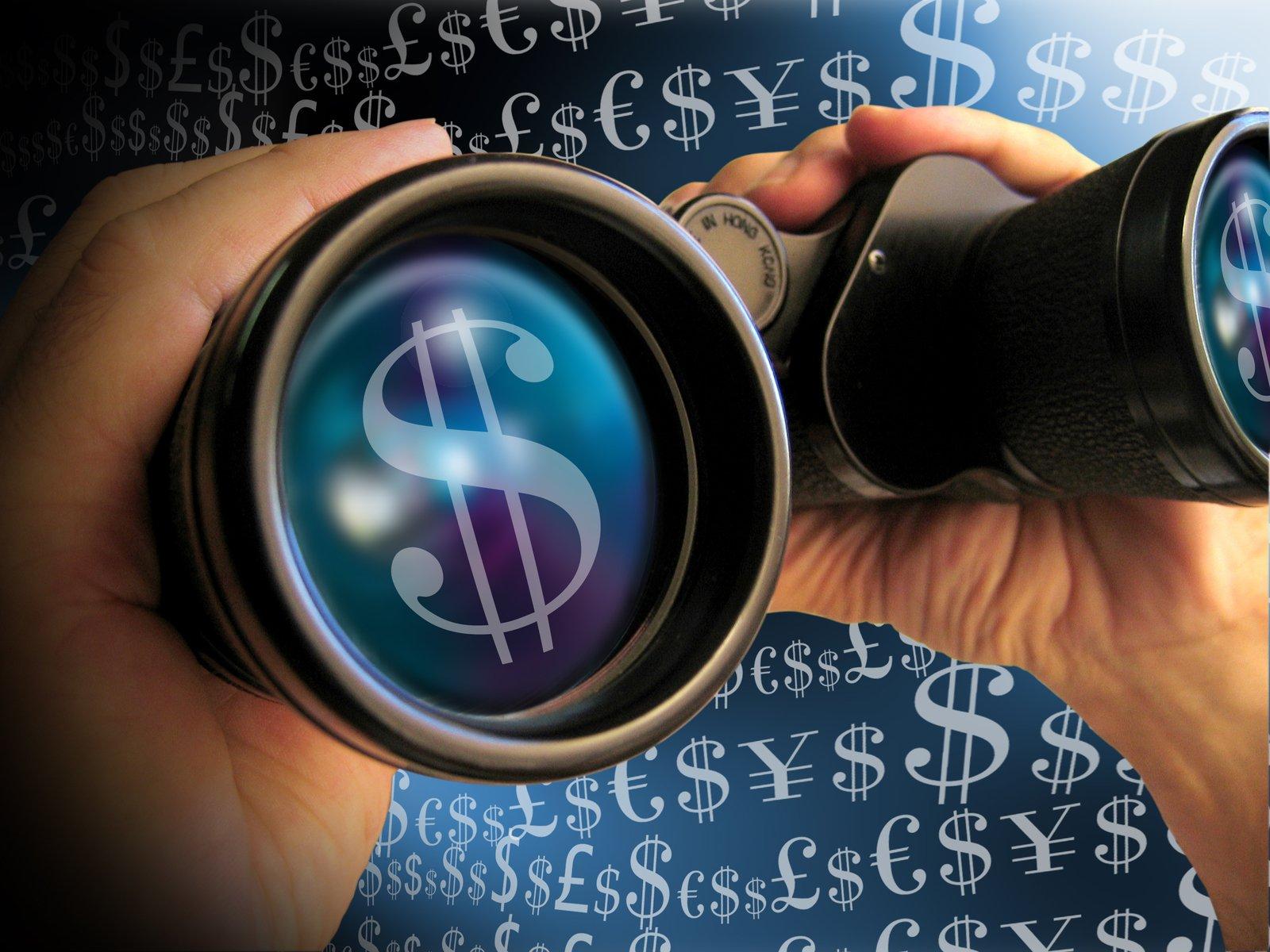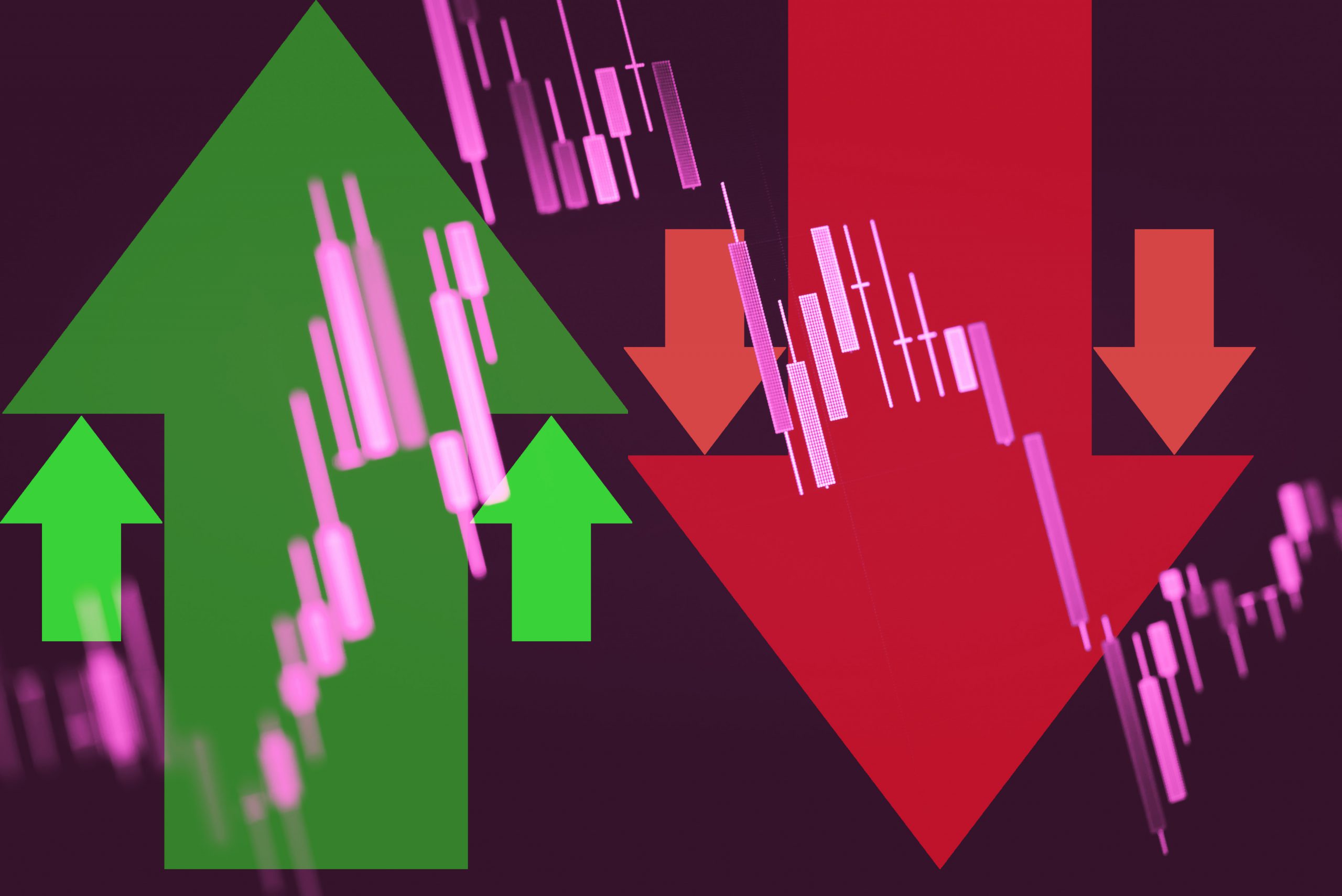Bear markets, on the other hand, are not about risks (fears of what might go wrong) but are usually caused by something actually going wrong. For example nine of the last 11 recessions (82%) coincided with recessions. It usually takes actual negative economic and earnings growth to cause stocks to fall over 20%. The big exception is when stock valuations are extremely high, as occurred with the tech bubble of 2000. Today’s valuations do not pose a major risk of a non-recession bear market.
What we’re facing today is merely risks, that could slow growth, but are, at least so far, not causing it to move in reverse. What’s more, the risks we’re facing, Fed rate hikes, escalating trade war with China, and a stronger dollar, are not new. They have been around for months, it’s just that now investors are in “risk off” mode and focused purely on what can go wrong instead of looking at the actual facts of what’s going right.
How can I be confident that we’re not headed for a recession? Well because I track the economy very closely each week, via no less than seven models that look at 19 forward economic indicators (proven over time to warn of recessions).
Right now here are the best estimates we have of the probabilities of a recession starting:
- Within the next month: 0.3%
- Within the next three months: 0.75%
- Within nine months: 24%
In fact, according to BlackRock’s Byron Wien, his team’s economic model says the start of the next economic downturn is coming in 2021…at the earliest. The bond market, the best recession predictor in history, agrees, with an estimated recession start date between mid-2020 and mid-2021 (December 2020 most probable).
But don’t stock forward-looking? So the bear market might begin (stock market peaks) much sooner, right? Indeed on average, the stock market peaks about 8 months before the start of most recessions. However, according to Savita Subramanian, equity and quant strategist at Bank of America Merrill Lynch, currently, the 19 leading market/economic indicators the bank tracks indicate the next bear market isn’t likely to start for 21 months (July 2020). This is roughly in line with what the bond market and BlackRock are predicting in terms of the next recession start date.
Ok, so maybe this most recent downturn is just a run of the mill correction and not the start of the next big market slide. But that just because stocks aren’t likely to fall another 10% to 15% from here doesn’t necessarily mean stocks are done falling in the short-term.
About the Author:
9 "Must Own" Growth Stocks For 2019
Get Free Updates
Join thousands of investors who get the latest news, insights and top rated picks from StockNews.com!



